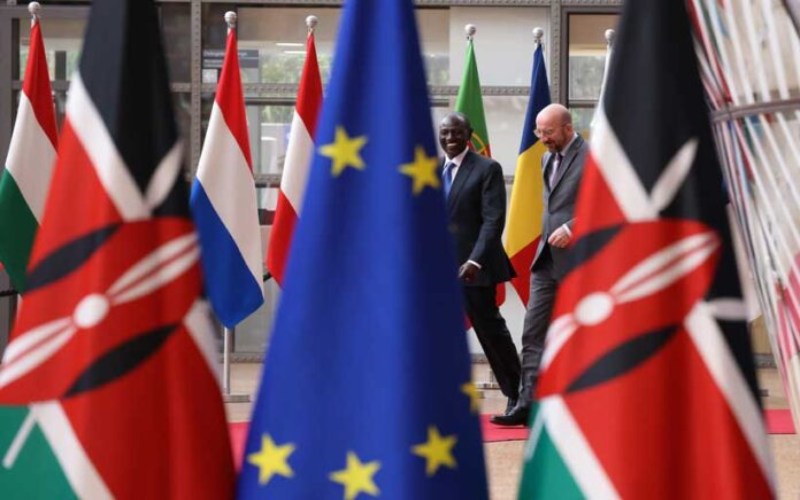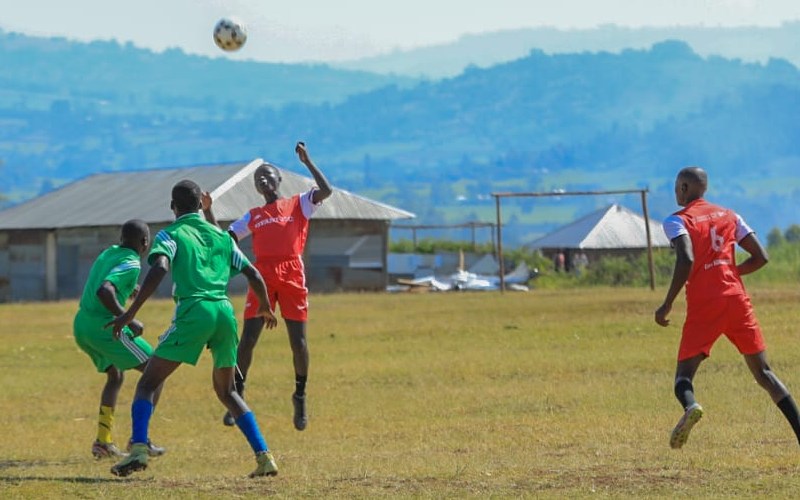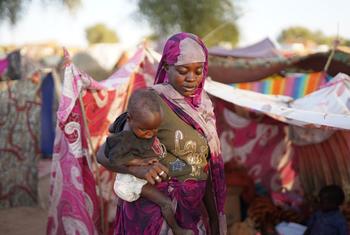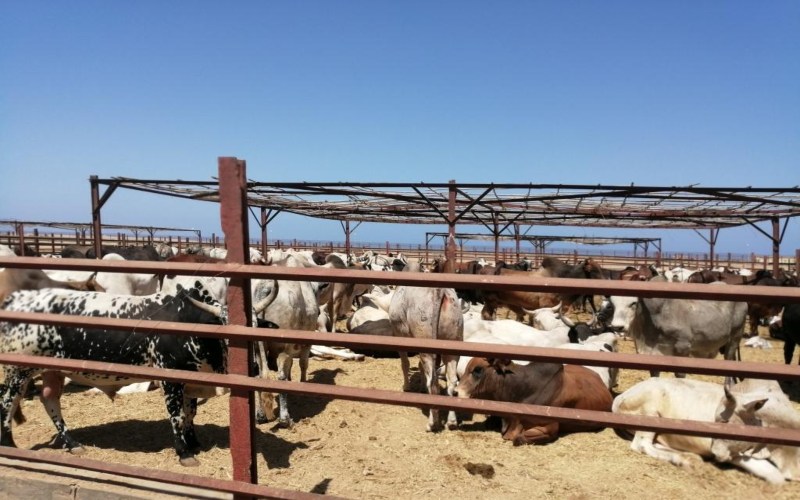Kibra community health promoters partner with varsity to improve healthcare delivery
Kibra MP Peter Orero handed over a cheque of Sh.1.2 million for the beneficiaries.
More than 50 community health promoters from Kibra are set to be reskilled at a local university on community health in a new partnership of its kind between the Kibra National Government Constituency Development Fund and The Greats Lakes University of Kisumu.
While flagging off the beneficiaries of the programme at Kibera DC grounds, Great Lakes University of Kisumu Vice-Chancellor Professor Hazel Miseda was elated by the decision of the health promoters to seek fresh skills.
More To Read
- KMTC students to start accessing Helb loans after final talks next week
- How Riruta’s upgrade to Level IV hospital is transforming healthcare across Dagoreti
- Nairobi County moves to formalise and regulate childcare sector
- From free to unaffordable: Why more Kenyan women are giving birth at home again
- From hope to despair: HIV patients left behind by Kenya’s health transition
- Marsabit Senator urges Senate to resolve CHP payment delays, water project setbacks
"The move by the community health promoters in Kibra to accept getting fresh skills to enable them to assist members of the community is a big welcome. This will go a long way in improving healthcare in the informal settlement," said Miseda.
Miseda said that by addressing health challenges at their roots, these promoters contribute significantly to reducing the burden on the healthcare system, improving quality of care and building robust referral pathways.
"Their integration into the fabric of primary healthcare delivery represents a paradigm shift that paves the way for more effective and compassionate healthcare because they serve linchpins in the delivery of primary healthcare and that quality care is a fundamental right for all," added Miseda.
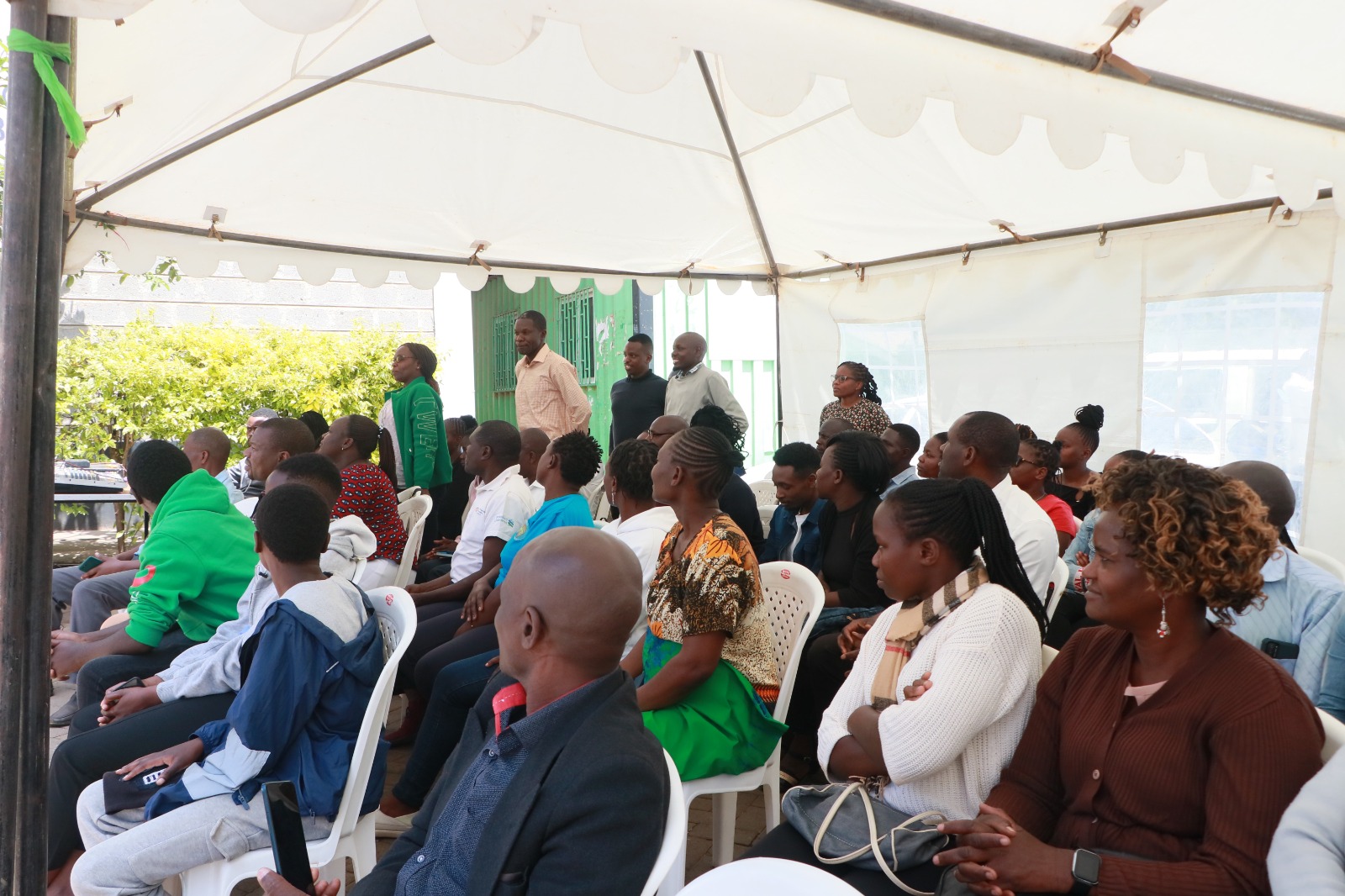 Some of the Community Health Promoters from Kibra who have benefited from the programme. (Photo: Justine Ondieki)
Some of the Community Health Promoters from Kibra who have benefited from the programme. (Photo: Justine Ondieki)
Kibra MP Peter Orero who handed over a cheque of Sh.1.2 million for the beneficiaries stressed the importance of establishing a well-defined referral pathway that offers individuals comprehensive support from preventive to diagnostic treatment.
Orero revealed that the main reason for coming up with the partnership is informed by the dire health situation in the populous Kibera slum. "The Community Health Promoters will be trained to provide a range of health services, including prenatal care, immunization, nutrition education, and treatment of common illnesses. They work closely with communities to identify health needs, provide health education and information, and refer individuals to health facilities for more specialised care when necessary," said Orero.
The beneficiaries will be trained at various levels such as certificates, diplomas and degrees. The flagging off of the beneficiaries had Kibra Deputy County Commissioner Mohammed Abass urge the residents to register with the Social Health Authority.
The development of Kibra beneficiaries comes even as the Health Ministry affirms they have developed primary health networks to have a clear referral system following the deployment of the Community Health Promoters.
The Community Health Promoters handle patients at households and refer them to Level 2 hospitals, where they are likely to be referred to Levels 3, 4 and 5 as per the need for care.
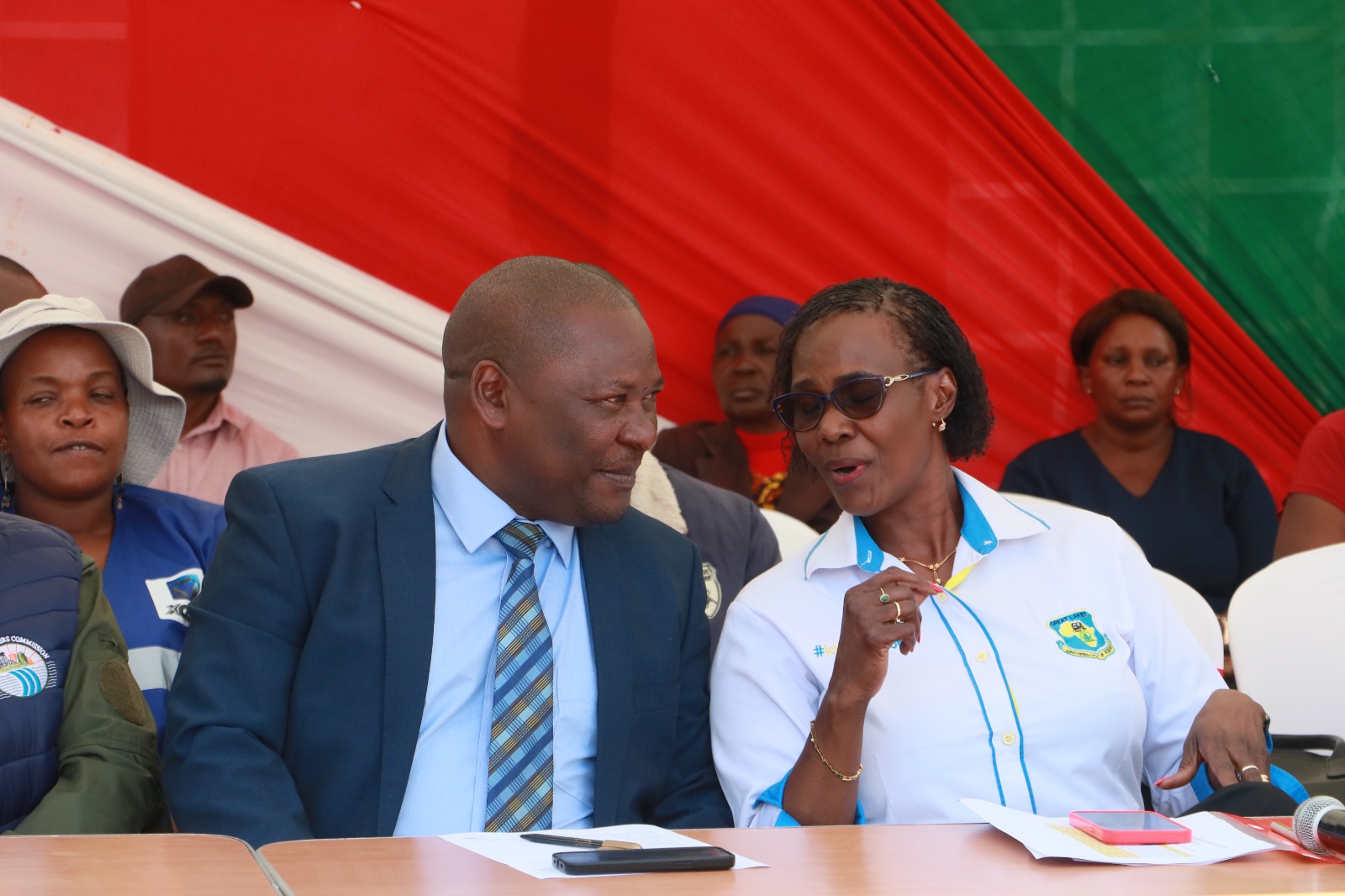 Kibra MP Peter Orero and Great Lakes of Kisumu University Vice Chancellor Hazel Miseda at the handover of cheque and recognition of Community Health Promoters at Kibra’s DC Grounds. (Photo: Justine Ondieki)
Kibra MP Peter Orero and Great Lakes of Kisumu University Vice Chancellor Hazel Miseda at the handover of cheque and recognition of Community Health Promoters at Kibra’s DC Grounds. (Photo: Justine Ondieki)
Head of Community Health Programme in the Ministry of Health Maureen Kimani said although recently flagged off by the president, promoters have been operating within the health system since 2006 and were previously known as community health volunteers.
The health workers operate within legal structures established under the Health Act 2017, which recognises community health as level 1 of the health system.
Dr Kimani said that in the past, they would educate community members on safe drinking water, availability of toilets and handwashing facilities made of locally available materials. They would also report any events in the villages such as cases of diarrhoea, cholera and malaria.
"Community health approach was one way of helping reverse the trend in worsening health indicators like maternal and child deaths, and reducing the burden of diseases, more so communicable diseases," said Kimani.
With their recognition, counties are expected to adopt the structures and fund the programme, whereas the national level provides training and supervisory roles.
Other segments include sensitising individuals on a safe environment, clean cooking, the importance of toilet use and the consumption of safe water and handwashing.
During the referral process, they have been provided with medications such as paracetamol for pain relief and fever reduction, oral rehydration salts (ORS) and zinc sulphate tablets to manage diarrheal diseases in children.
Top Stories Today
